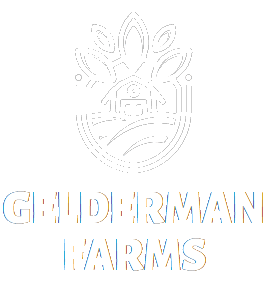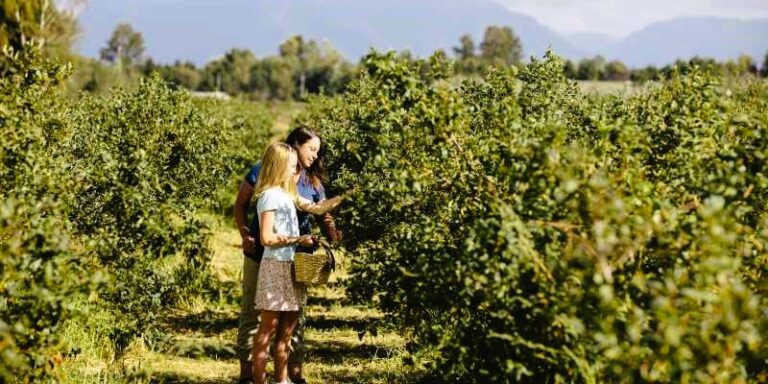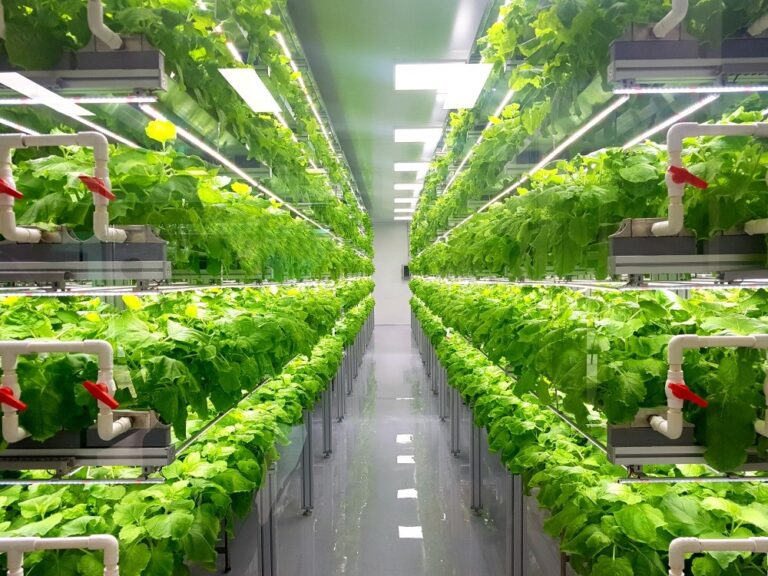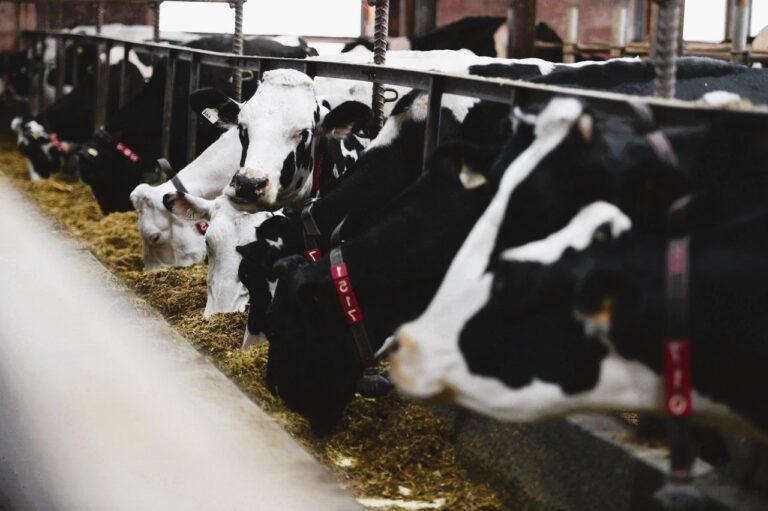Amidst the green pastures and rolling hills of Abbotsford, Canada, a unique form of therapy is blooming – farm therapy. As urbanization and modern living lead to increased stress and disconnection from nature, farm therapy offers a healing sanctuary for individuals seeking solace, connection, and a respite from the demands of daily life. In Abbotsford, farm therapy has become a nurturing haven, harnessing the natural therapeutic power of the land, plants, and animals to promote physical, emotional, and mental well-being.
Understanding Farm Therapy
Farm therapy, also known as agricultural therapy or horticultural therapy, is a therapeutic approach that harnesses the healing potential of farming, gardening, and animal-assisted activities. The farm setting provides a unique and supportive environment for individuals to engage in purposeful and meaningful activities, fostering personal growth, social connection, and a sense of empowerment.
The Healing Aspects of Farm Therapy
Farm therapy in Abbotsford offers a range of healing aspects that contribute to overall well-being.
1. Nature Connection
Farm therapy invites participants to immerse themselves in the beauty and tranquility of nature. Spending time amidst the sights, sounds, and scents of the farm fosters a deep connection with the natural world, reducing stress and promoting relaxation. Aquaponics and Hydroponics: Innovative Agriculture at Abbotsford.
2. Horticultural Activities
Gardening and horticultural activities are central to farm therapy. Participants engage in planting, tending to crops, and harvesting produce, experiencing the therapeutic benefits of working with the earth and witnessing the fruits of their labor.
3. Animal Interaction

Interacting with farm animals, such as gentle horses, friendly goats, or affectionate farm dogs, is an integral part of farm therapy. Animal-assisted activities provide comfort, companionship, and opportunities for emotional expression.
4. Sensory Stimulation
The farm environment stimulates the senses, from the soft texture of soil to the sweet fragrance of flowers. Sensory stimulation in farm therapy can evoke positive memories and emotions, encouraging participants to engage with their surroundings.
5. Social Connection
Farm therapy often takes place in group settings, fostering social interaction and a sense of community. Participants share experiences, support one another, and build meaningful connections with peers and therapists.
6. Mindfulness and Mind-Body Connection
Engaging in farm-related activities encourages mindfulness, as participants focus on the present moment and the task at hand. This mindfulness fosters a mind-body connection, promoting self-awareness and stress reduction.
Applications of Farm Therapy
Farm therapy is a versatile therapeutic approach, with applications across various populations and conditions.
1. Mental Health
Farm therapy is particularly beneficial for individuals with mental health challenges, including anxiety, depression, and post-traumatic stress disorder (PTSD). The nurturing farm environment provides a safe space for emotional expression and healing.
2. Autism Spectrum Disorder (ASD)
For individuals with autism, farm therapy offers sensory experiences, social opportunities, and a structured routine that can promote emotional regulation and social skills development.
3. Physical Rehabilitation
Farm therapy can be used as part of physical rehabilitation programs, as gardening and caring for animals can enhance motor skills and coordination.
4. Senior Care
In senior care settings, farm therapy provides a sense of purpose and engagement, reducing feelings of isolation and enhancing cognitive function.
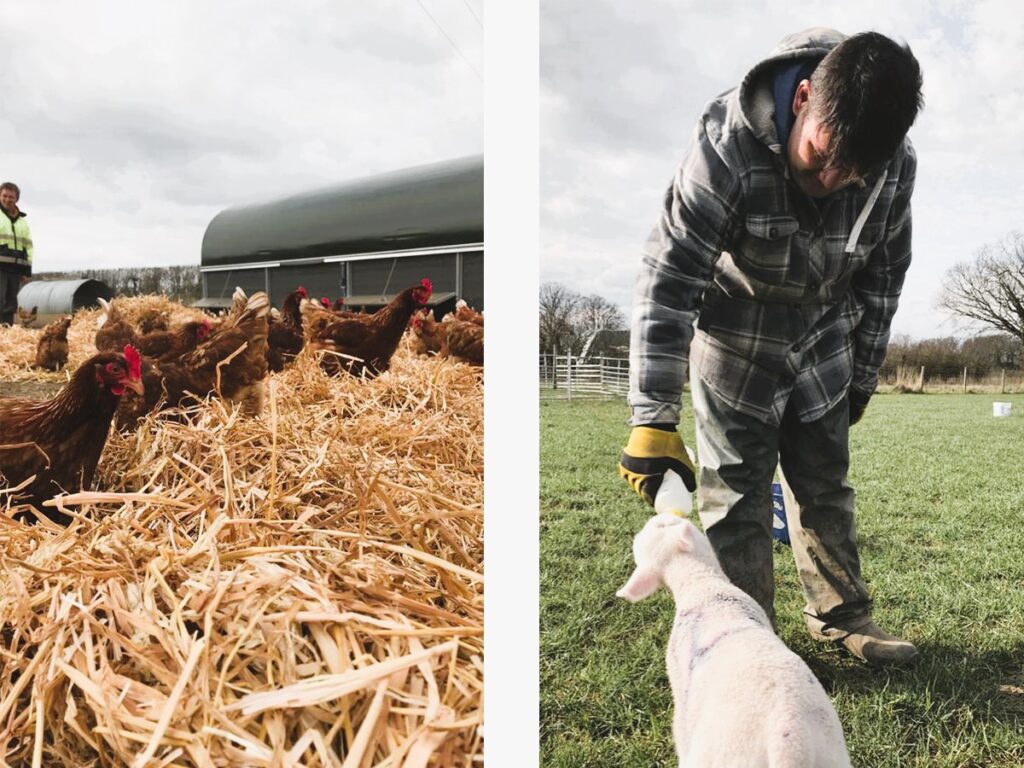
5. Substance Abuse Recovery
For individuals in substance abuse recovery, farm therapy offers a holistic approach to healing, supporting sobriety, and providing a healthy outlet for emotional expression.
Farm Therapy Programs in Abbotsford
Abbotsford offers a range of farm therapy programs that cater to diverse needs and populations.
1. Equine-Assisted Therapy
Equine-assisted therapy, involving interactions with horses, is a prevalent form of farm therapy in Abbotsford. The intuitive and calming nature of horses can help individuals build trust, overcome fears, and develop emotional awareness.
2. Therapeutic Gardening
Therapeutic gardening programs in Abbotsford allow participants to cultivate plants and flowers, promoting relaxation, creativity, and a sense of accomplishment.
3. Farm Animal Assisted Therapy
Farm animal-assisted therapy incorporates interactions with friendly animals to foster emotional healing and social connection.
4. Farm Retreats and Workshops
Farm retreats and workshops in Abbotsford provide immersive experiences, allowing participants to escape the pressures of daily life and rejuvenate in the farm’s nurturing embrace.
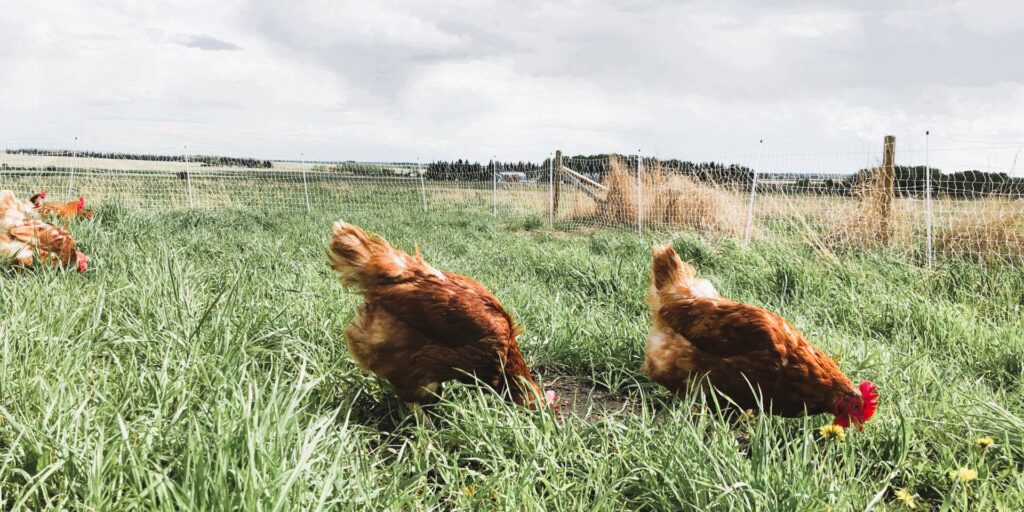
Scientific Support and Recognition
The therapeutic benefits of farm therapy have garnered scientific support, leading to its recognition as a valuable form of complementary therapy. Research studies have highlighted the positive effects of farm therapy on mental health, stress reduction, and overall well-being.
Government Support and Standards
As a recognized therapeutic approach, farm therapy is supported by government agencies and organizations in Canada. The Canadian Mental Health Association (CMHA) acknowledges the value of horticultural therapy in promoting mental health and well-being.
Conclusion
Farm therapy in Abbotsford is a blooming testament to the healing power of nature and the profound connection between humanity and the land. As urban living drives a yearning for tranquility and meaningful experiences, farm therapy offers a sanctuary for individuals seeking respite, growth, and healing. Through interactions with plants, animals, and the nurturing farm environment, participants discover a path to wellness, fostering a deeper appreciation for the therapeutic potential of Abbotsford’s natural resources.
Sources:
- Horticultural Therapy – Wikipedia
